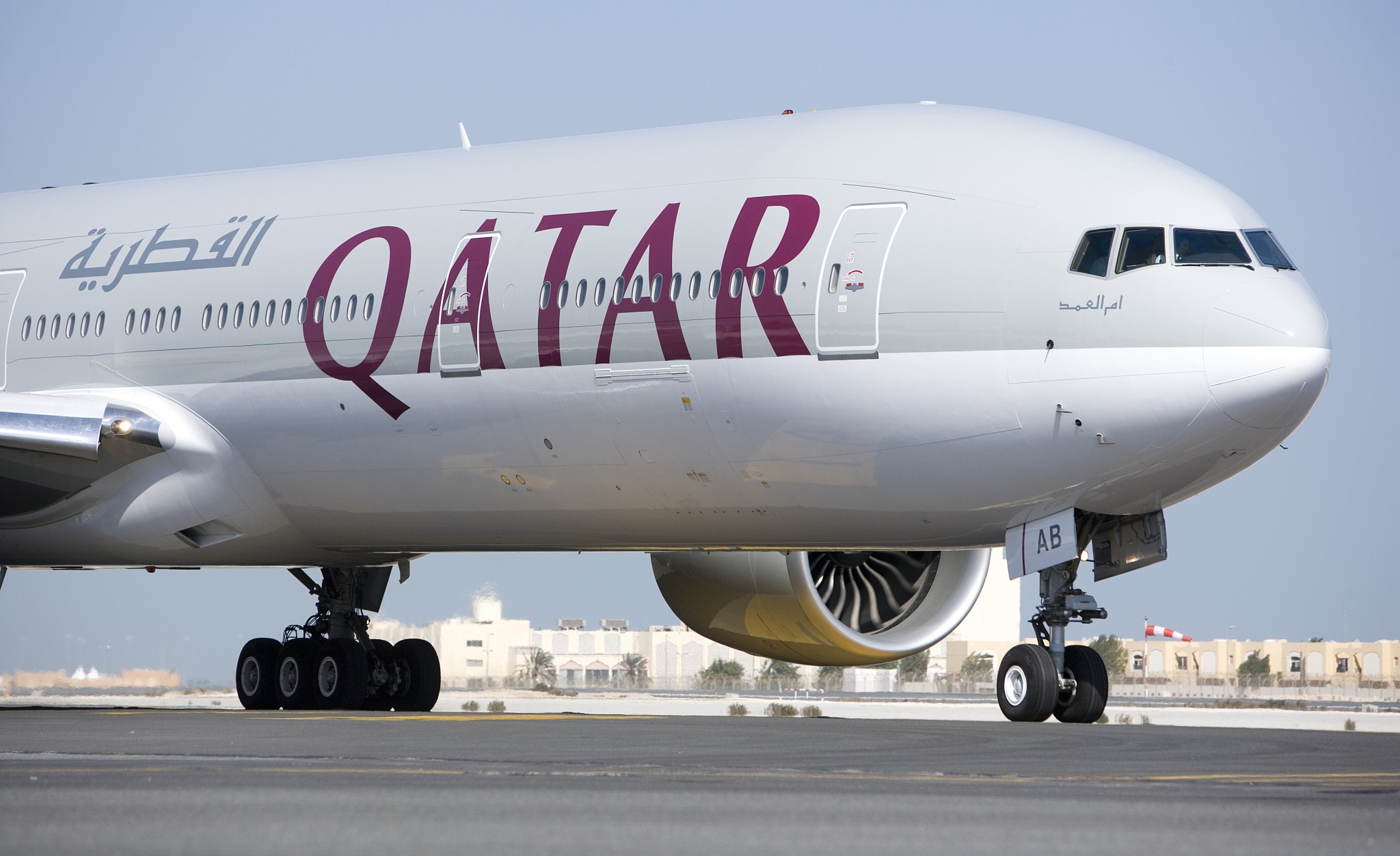Qatar Airways Group has reported a net loss of QAR14.9 billion (US$4.1 billion) for its financial year 2020-21, of which QAR8.4 billion (US$2.3 billion) is due to a one-time impairment charge related to the grounding of the airline's Airbus A380 and A330 fleets. Despite the difficulties posed by the ongoing pandemic, the Group's operating results demonstrated its resilience during the crisis, with the reported operational loss at QAR1.1 billion (US$288.3 million) 7 per cent less compared to 2019/20. The Group achieved a significant improvement in EBITDA, which stood at QAR6 billion (US$1.6 billion) compared to QAR5 billion (US$1.4 billion) the previous year.
A combination of our Qatar Airways Cargo division and the Group’s commercial adaptability have been at the core of this recovery, says the airline. The Group’s freight division, Qatar Airways Cargo, grew its market share during 2020/21. During the pandemic’s peak, Cargo more than tripled its daily services, operating a record 183 flights in one day during the month of May 2020.
Cargo has also overseen a 4.6 per cent rise in freight tonnes handled over the previous fiscal year (2019/20), with 2,727,986 tonnes (chargeable weight) handled in 2020/21. This increase in freight handled, as well as a significant increase in cargo yield, also saw the carrier’s cargo revenues more than double.
Reflecting on what has been the most challenging and extraordinary 12 months in the airline’s history, Qatar Airways Group Chief Executive, Akbar Al Baker, said: "There are three words that I believe best describe Qatar Airways Group’s response in the past year – strength, resilience, and commitment. Strength to not shy away from taking a risk or avoiding difficult decisions, resilience in remaining focused and not allowing events to overcome us, and commitment by never reneging on our promises to customers, partners, and employees.
"Whilst our competitors grounded their aircraft and closed their routes, we adapted our entire commercial operation to respond to ever-evolving travel restrictions and never stopped flying, operating a network our passengers and customers could rely on. With the support of our varied fleet of modern, fuel-efficient aircraft, we were able to ensure that more of our scheduled flights operated than any other carrier and fulfilled our mission of taking stranded passengers home, whilst maintaining global supply chains to transport medical aid and supplies essential to the fight against COVID-19. We also significantly expanded our charter business as a direct response to increased demand in this area, providing vital and reliable services to support our customers during uncertain times, an effort that was publicly appreciated and acknowledged by many governments and organisations around the world. This commercial flexibility further consolidated our leadership position at the forefront of the recovery of global air travel.
"I am extremely proud of our people across the Qatar Airways Group who have remained agile and adapted quickly to this new reality, displaying the tenacity, versatility, and commitment to excellence so often associated with everything we do. “I also wish to take this moment to express our gratitude to our shareholder, the Government of the State of Qatar, for its firm support of the Qatar Airways Group during this challenging period. While our organisation did not receive any subsidies in the form of salary support or grants, our shareholders did provide an equity injection of QAR11 billion (U.S.$3 billion) to support the business’s continuity.
"As ever, the strength of our financials has enabled us to continue to concentrate on the long-term, investing in a sustainable, fuel-efficient fleet and innovative digital technologies, establishing and strengthening strategic partnerships with leading airlines around the globe, and also launching new routes. This strategic focus will ensure we emerge stronger from this difficult period and continue to maintain our position as the world’s leading international airline.

